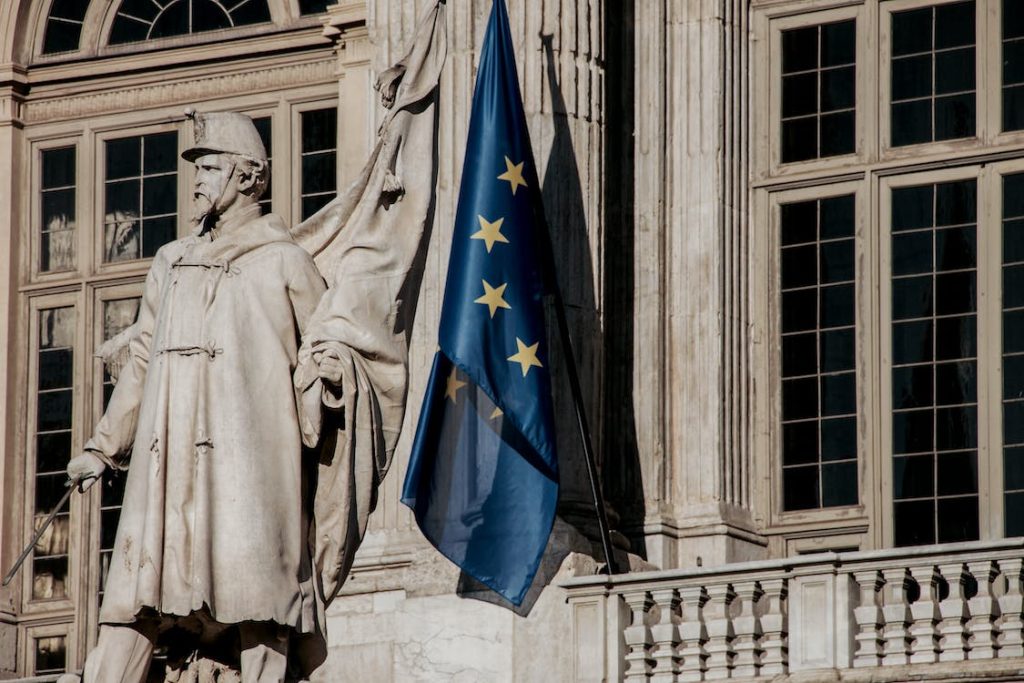As European Union leaders convened for a summit on Thursday, representatives from Europe’s green technology industries and materials suppliers made an impassioned plea to enhance efforts aimed at preserving the bloc’s standing in the global clean tech race against formidable competitors such as China and the United States.
Anticipating the adoption of crucial legislation, the European Union is set to establish targets requiring EU-based companies to supply at least 40% of the bloc’s annual deployment needs in solar, wind, and other net-zero technologies by 2030. Furthermore, the EU is committed to targets aimed at bolstering the domestic production and processing of critical minerals.
In a letter addressed to EU leaders and top officials, the heads of European associations representing a spectrum of sectors including solar, wind, hydrogen, batteries, chemicals, and metals underscored the strides made by China and the United States in the clean tech arena. China has made substantial inroads across various clean tech sectors, while the United States recently enacted the Inflation Reduction Act (IRA), signifying a decisive step in advancing its clean tech agenda.
However, the letter also brought to attention the challenges facing Europe’s investment landscape, which has been compounded by the fallout from Russia’s invasion of Ukraine. High energy prices, inflation, and escalating supply risks have posed additional hurdles for the European Union.
EU leaders are slated to engage in discussions regarding the competitiveness of industry and technology, underscoring the pivotal role clean tech plays in the region’s future.
The associations emphasized that over the next five years, the European Union must channel its focus towards an industrial policy that invigorates the clean tech sector and supports its suppliers. Key aspects of this strategy include ensuring simplified access to public financing, drawing lessons from the IRA, and expediting permit processes, notably for the 80 gigawatts of wind power projects awaiting approval.
The associations contended that Europe’s clean tech sector necessitates competitive energy prices, protective measures against unfair practices by third countries, and economic incentives to stimulate the procurement of local materials and components.
While the associations acknowledged that several immediate solutions are attainable this year, they called for industrial policy to be a central focus throughout the upcoming five-year term of the new European Commission, scheduled to take office next year.
This impassioned appeal underscores the urgency and significance of the European Union’s role in maintaining a prominent stance in the global clean tech race. It highlights the imperative need for proactive measures to secure Europe’s leadership in this pivotal sector.

